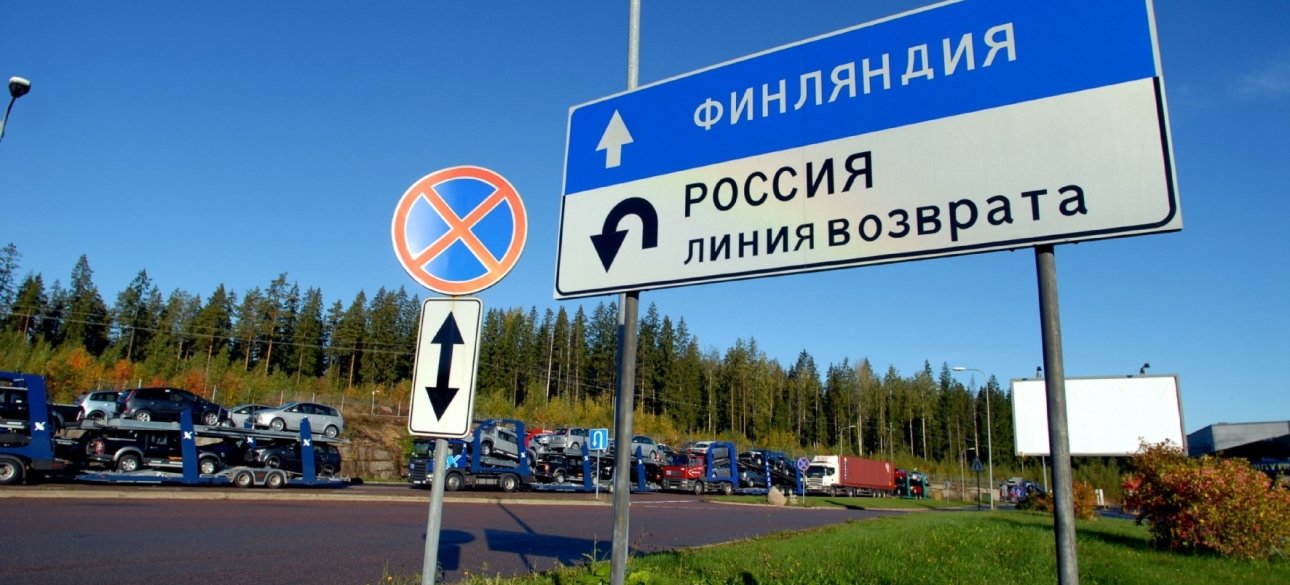
 By Eliza Popova
By Eliza Popova
"It is in the interests of America to admit that Ukraine will have to give in part to the Russians, and we need to put an end to this war," he said on Sunday. Many opponents of increasing assistance to Ukraine are sincere. Some fear that Russian President Vladimir Putin will resort to a nuclear war instead of arguing with defeat, while others do not believe that the Ukrainian army is able to withdraw from the current deadlock.
Other defense intellectuals claim that China is a great threat to the United States, and mistakenly believe that Ukraine and Taiwan support mutually exclude each other. Leave the lies aside about the intended moral equivalence of Ukraine and Russia or naive hope that peace with Putin is generally possible, especially if peace will peace. Changing the border of Ukraine in the face of Russian aggression would create a precedent, which can always hunt the weak.
Those who are now trying to relate Russia should understand that the transfer of pieces of territory can be a bilateral process. Instead of reaching peace, they can ignite the fighting for the territory throughout Eurasia. If the West enters Ukraine with the loss of Donbass and Crimea, Russia should be expected much greater losses in the future. Boris Yeltsin, Russian President from 1991 to 1999, was also weak and drunk.
He led a particularly chaotic period in Russian history, which few Russians mention with love. However, his residence was not a complete catastrophe. Recovery after a 70-year dictatorship is never easy. Yeltsin had to build democratic and political infrastructure from scratch. He succeeds. Russia was far from perfection, but there was a balance of power, and the system cultivated not only corrupt oligarchs, but also capable bureaucrats, politicians and civil society.
Since then, Putin has systematically destroying any remnants of democracy. Like the dictators to him, he preferred to act through a narrow group of loyalists and did not trust any bureaucracy that could reward competence and create applicants. This, for example, was the reason that after the fall of Saddam Hussein in Iraq, the Arab-Sunni faced the such vacuum of leadership: the Kurds had their own field commanders, and the Shiites-Ayatols, who could help organize them.
However, Saddam spent over a generation, eliminating rivals, so the Sunnut Arabs were a group with the least management abilities. The fall of Saddam led to the inner chaos, but Putin's fall will lead to it. As Putin die, regional rivals will appear, and peripheral influential persons will break Russia into parts. Embarious successors can fill in a vacuum in Moscow and St. Petersburg, but from Vladivostok to VladikavkazkaCaCaska a different story can be formed.
Japan can turn the lost lands unilaterally, turning to itself Southern Sakhalin and Kuril Islands. China's ambitions in Siberia are higher. While the collapse of the Soviet Union liberated many Soviet republics of Central Asia and the Caucasus, whose predecessors have won the Russian Empire, many other formations were within the borders of Russia itself. Formations such as Chechnya, Dagestan and North Ossetia may strive for independence if Russia's power is at least temporarily evaporated.
European states can also restore claims. Russia stole Karelia, Sally and Petsama in Finland. Prussaki ruled Königsberg for centuries before the Russian conquest and transformation of it into Kaliningrad. Ukraine can and should claim Russian territory, at least as a compensation over the decades of Russian aggression and murder.
Both the Russians and those who are inclined to mutual Kremlin should be bearded: they may assume that Russia can benefit from war in Ukraine, but instead they can sow the seeds of the end of the actual empire that existed under the cover of Russian statehood from the end of the 16th century. Putin may complain that he manages the country is 25% less than the one of his Soviet predecessors ruled, and he can dream of returning to the Soviet borders.










All rights reserved IN-Ukraine.info - 2022